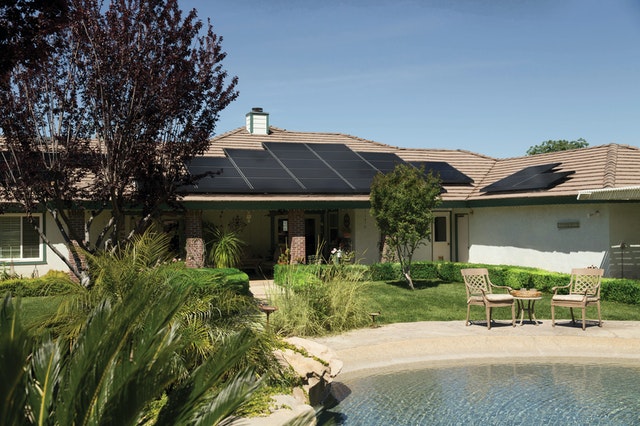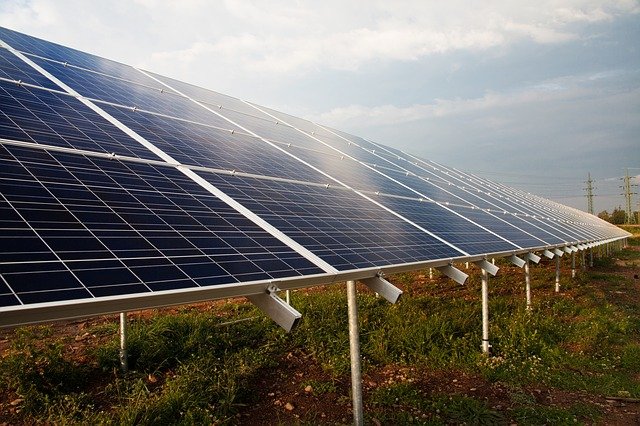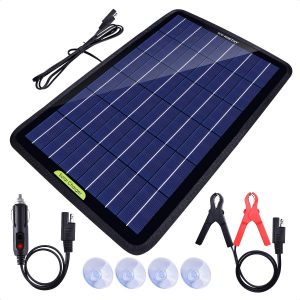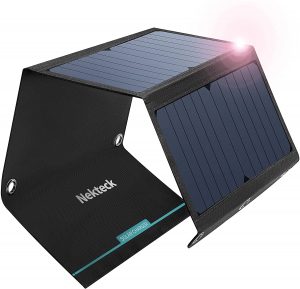The sun has fascinated humankind since ancient times. The way Roman soldiers used to worship the stars eventually led to what is now called “solar monotheism”, a religion that placed the sun at the center of people’s beliefs. The Mayans relied on the movement of the Sun when they built the Pyramid of Kulkulkan in Mexico and the examples could go on for a while.
Today, NASA continues to study this ultra-hot, dynamic star made from plasma on an almost 24/7 bass, with the help of solar observatories and advanced Helioseismic tools.
For the average Joe, the sun is something that gives us light and keeps us warm, ensuring the survival of the human race on Earth. However, for a number of years, the sun has started to capture our attention for a different reason: Solar Energy.
Solar energy can be used as a renewable, eco-friendly source of energy. If you are interested to learn more about what is solar energy, what are the main solar energy pros and cons and what are the best ways to harness this energy, just keep reading.

What Is Solar Energy?
Also known as solar power, solar energy is the type of energy that can be generated with the help of sunlight using the photovoltaic effect. The energy from sun rays can be transformed into electrical power that is critical for powering all electrical appliances and electronics.
Solar power systems help us benefit from this type of energy inside our homes or workspaces. Such a system is made from a number of components, such as:
- One or several solar panels that will be used to capture the solar energy. Solar panels are guaranteed to last for 25 years at an efficiency of 80% at minimum. Once the manufacturer’s warranty will expire, the panels are not expected to break down, but rather continue to work at a smaller output. Solar panels rated at 300 watts can continue to generate 240 watts of output once they have passed 25 years of use. These panels are extremely sturdy and many of them can easily outperform their original warranties.
- Inverters that are used to convert the energy from the sun into a form of energy that can that power electrical appliances. Inverters need to be replaces at least once during their lifespan and the replacements will also add to the final costs. Solar power inverters are used to transform direct current into alternating current, which is used by the majority of electronics and home appliances. These inverters are, therefore, used to turn the energy from the sun into the correct format that is able to power a home’s electrical loads.
- Racking, which is the mounting foundation for the solar power system
- Output monitoring gear for troubleshooting faulty equipment
- Fuses, extra wires, disconnects
Plus, in order for the process to be efficient, it also requires the use of a storage solution for the generated solar energy from the panels. There are two possible scenarios:
- When you are on the gird and the power lines can be easily accessed, there is no need to use any extra gear for this. The resulting energy can be easily sent into utility grids and used at a later moment in time, when needed.
- When you are off the grid, in which case you are going to need to use some additional items, including batteries for storing the newly generated energy, or charge controllers, which are used to smoothly control the rate at which the batteries will be charged with the help of the solar energy.
Solar Energy Pros and Cons
There are a series of advantages and disadvantages of solar energy that we consider anyone interested in making the switch to this form of energy should be aware of.
Pros of Solar Energy Systems
Solar energy is renewable.
The light from the sun is endless, as opposed to oil extracted from the earth, for example, which is a scarce and raw resource that is finite and which cannot be harvested on and on without eventually depleting it. This is the case of the energy that derives from the sun rays, which can be continuously and endlessly harnessed without the fear of reaching an end.
Solar energy cuts your monthly bills.
Expect to only pay a fraction of the regular monthly electricity bills you pay now once you decide to make the switch to solar power. In some cases, it is even possible to pay zero bucks for powering your property with the right-sized solar power system.
Solar power gives you extra freedom of movement.
If you are particularly interested in building a home someplace remote where you will have a hard time running the necessary power lines, solar energy can help you stay off the grid and save you from a lot of headaches and extra expenses.
Solar power systems will boost your home’s market value.
A home that relies on a solar energy system is likely to sell for close to 3.8% more than the same property minus the solar system. Plus, an off the grid solar power system will also allow out to purchase a cheaper property in a rural area.
Solar energy ETF.
You could consider investing in solar energy RTF, as renewable energy from the sun offers investors interested in generating additional revenues more cool options like iSares Global Clean Energy EFT, Invesco Solar ETF, or ALPS Clean Energy ETF.
Cons of Solar Energy Systems
Costs. Even the smallest solar power system might end up costing several thousands of dollars, whereas a more complex systems for a family household will be even pricier. While the initial investment will be successfully amortized in a fe years, some people might have trouble preparing a budget for the original investment.
Solar energy systems depend on the weather.
The elements with emphasis on rain, show or shade will influence the solar panel outputs. When these panels fail to receive the necessary amounts of sun, they will not be able to work as efficiently as expected. It is possible to invest in special gear that will help solve this problem, but this means adding more to the final bill.
Solar power systems require extra fitting space.
Solar power panels measure more than 3 in width and up to 7 feet in height, and you are normally going to need a few different panels for a residential household.
Solar power system storage can get pricey.
The batteries are going to cost the most, so if you are planning on completely going off the grid or as using batteries as backup for when on the grid, you will need to subtract this investment from the ROI amount.
FAQ
A solar power system tied to the grid can save you money on monthly electric bills. Such a system is more affordable compared to utility company bills. On the other hand, an off the grid solar power system will deliver power to homes in remote areas properties that cannot get access to power lines. They are more expensive because they require batteries to work and their main purpose is to offer electrical power to remote locations.
A grid-tie solar system is able to store the generated power in the utility grids used by the pubic. Utility companies will, in turn, credit the account of the solar panel user for the amount of power they are able to produce. The respective credits can be used to draw power from the grid whenever needed, during the night, when it is snowing or during power bad weather conditions. Each utility company features its own net metering policy and prices.



